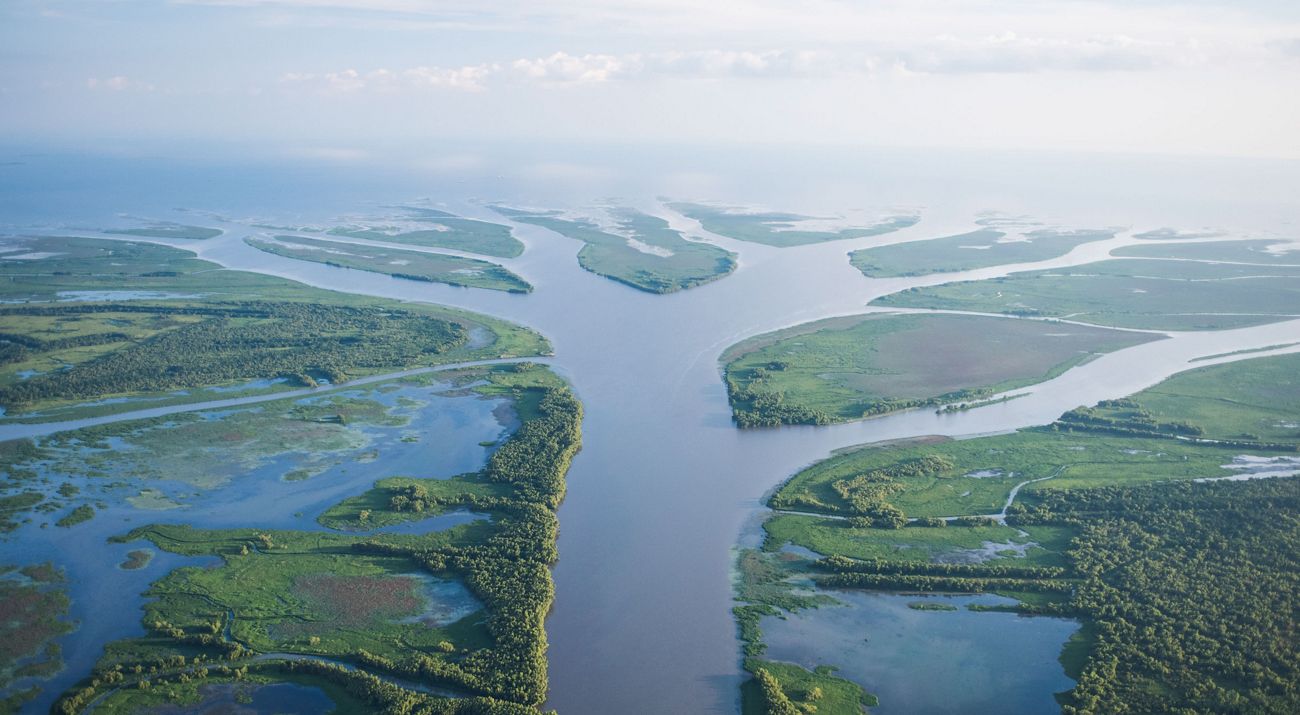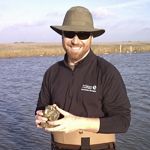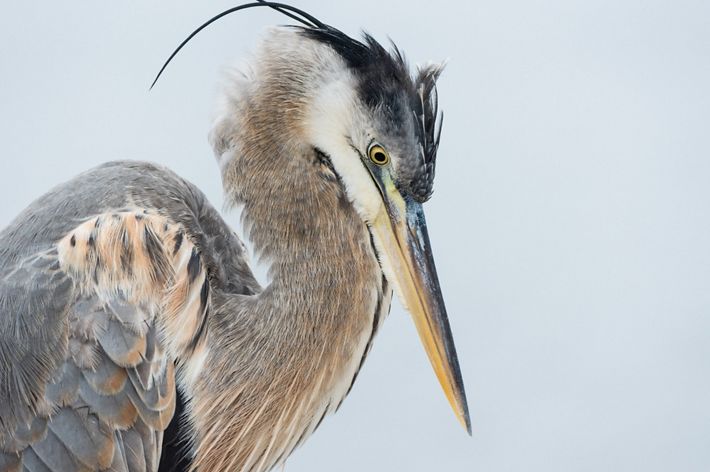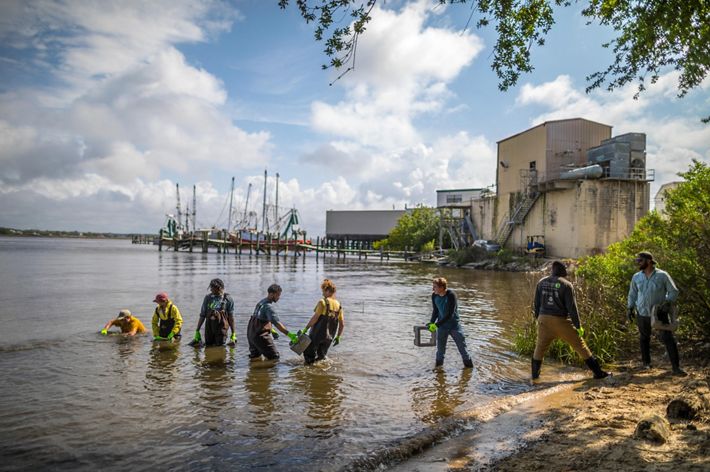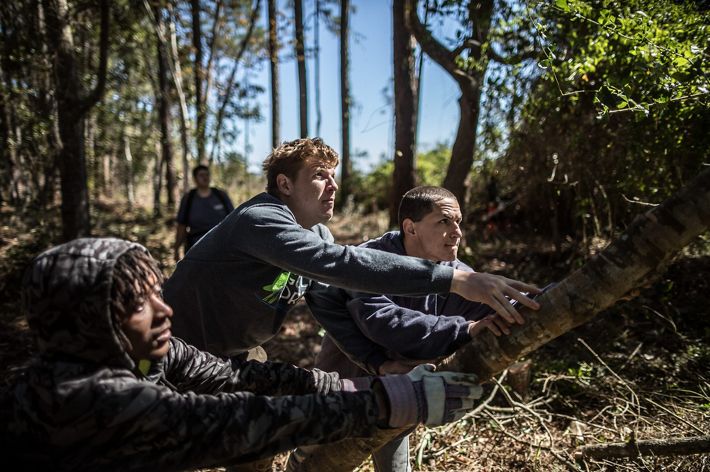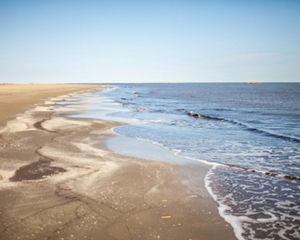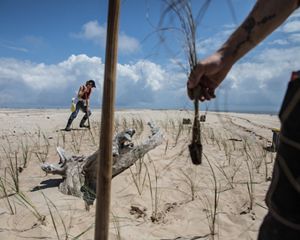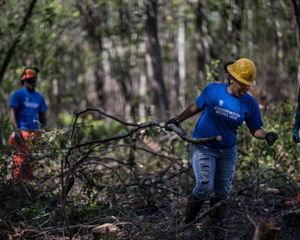Lessons Learned from the Deepwater Horizon Recovery
Being prepared and moving quickly mattered, and why we’re hopeful for the future.
On April 20, 2010, when the Deepwater Horizon oil rig exploded, I was on a spring break vacation in Seaside, Florida. There were accidents all the time on oil rigs, so I didn’t think much of it until later in the evening after the sun set. In the dark of the night, the flames were visible from the Emerald Coast of Florida.
It would be a couple days before a submersible robot could inspect the well head, but when it did, my heart sank and my stomach knotted. I’ve broken a water pipe before; this gave me the same feeling, but much, much worse. With the water pipe, you can run and turn off the water main, go to the hardware store and get some repair supplies, and before you know it, you’re back in business. This wasn’t the case with the geyser of crude oil gushing into the Gulf.
The result was one of the worst environmental disasters in the United States’ history. I’ve had a first-hand experience with the response and the recovery; here are some lessons that I’ve learned.
Lesson #1: Experience and training can mean a faster response
At the time, I was working with The Nature Conservancy building oyster reefs in Mobile and Portersville Bays. Four days after the explosion, NOAA started putting out forecasts of where the oil was predicted to go, pointing directly towards the mouth of Mobile Bay.
At my previous job, I had been trained in HAZWOPER-- Hazardous Waste Operations and Emergency Response and directed multiple hazardous materials cleanup efforts. Crude oil is a hazardous substance, highly flammable, and will cause major respiratory issues from breathing in the fumes. Because of this training and knowledge, I was better prepared and more experienced than many of the workers who were responding.
I knew what I could do, and I knew I had to do it fast. I called around to find some oil boom and purchased the only significant stash of the floating barriers in Mobile County. Oil is lighter than water. It typically floats on the surface before collecting tiny bits of debris and sinking. The boom floats and helps limit the spread of oil to places like marshes, beaches, and newly constructed oyster reefs.
If little ol’ me was able find the only 1,500 feet of suitable boom in Mobile, it was clear that we were all taken by surprise. I wasn’t expecting this. Alabama wasn’t ready-- nobody in the Gulf was for what happened. Panic and dread coursed through me as we deployed the oil boom around a section of the completed reef offshore of Bayou la Batre in Alabama. We were the very first ones to put oil boom in the water.
Lesson #2: People want to help with cleanup - any way they can
There were concurrent response efforts from the Coast Guard, BP, communities, and people from all over the world who were concerned. We received so much hair from people, it was unbelievable.
Yes—hair. Someone came up with an idea to stuff hair into net-tubes and let the hair soak up the oil. Although that didn’t really work, the sentiment was incredible and people in the Gulf were grateful that others cared.
In the early days following the sinking of the rig, it was hard to get information locally about the response. I watched Anderson Cooper so much that he and Billy Nungesser, the Plaquemines Parish president in Louisiana, were in my dreams holding oil-soaked pelicans. Seriously, Anderson did an incredible job reporting on the response, the predictions, and the concerns held by so many people in full-throttle emergency response mode.
There was an outpouring of support from the rest of the world. It heightened my sense of duty to the Gulf, and it changed my life forever.
Lesson #3: There’s opportunity in recovery
The Nature Conservancy, with the help and support of multiple partners, has been a leader in projects and planning in the Gulf of America for over 20 years. Following the spill, we wanted to help guide the recovery using our science and experience.
There’s been a lot of good things coming from the recovery; my favorite is the GulfCorps program, which hires, trains and pays young adults from communities across the Gulf to be a workforce for agencies or departments conducting conservation and restoration projects in Gulf watersheds. We will hit nearly 300 jobs by the end of June, will have restored over 6,000 acres across the Gulf, and are planning to continue through 2025. It’s the most inspiring program I’ve ever been part of. The young people in the Gulf are now becoming its greatest stewards.
The lessons we’ve learned from the recovery to the spill are being applied internationally. We have staff in the Gulf that have helped to kick-start and plan large oyster projects in Australia, or marine spatial planning and migratory habitat protection in Cuba and Mexico.
Disasters happen. But if we’re prepared and ready, if we keep our hopes up, and if we look forward during the recovery process, we can not only get through them, but come out on the other side stronger.
